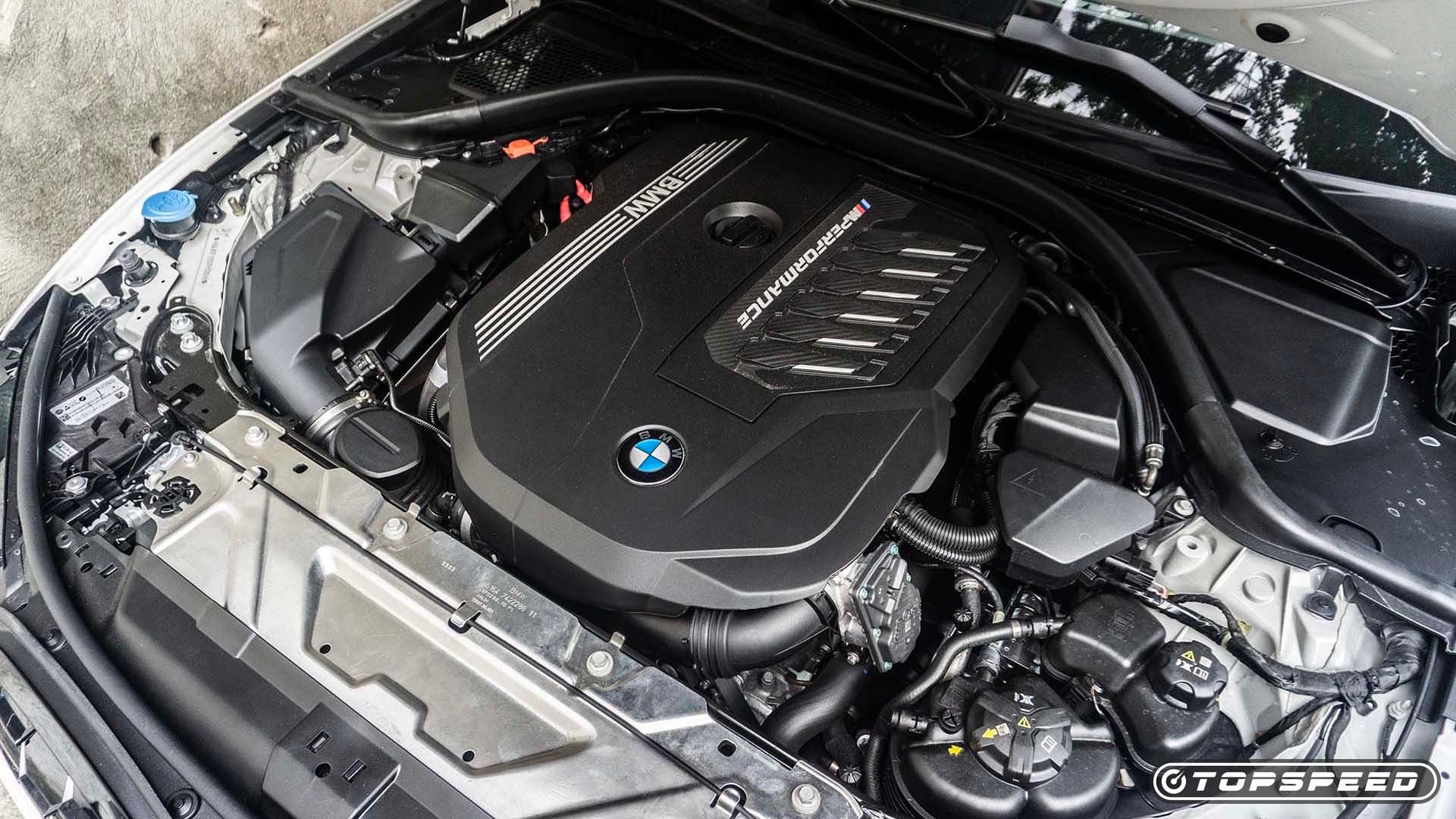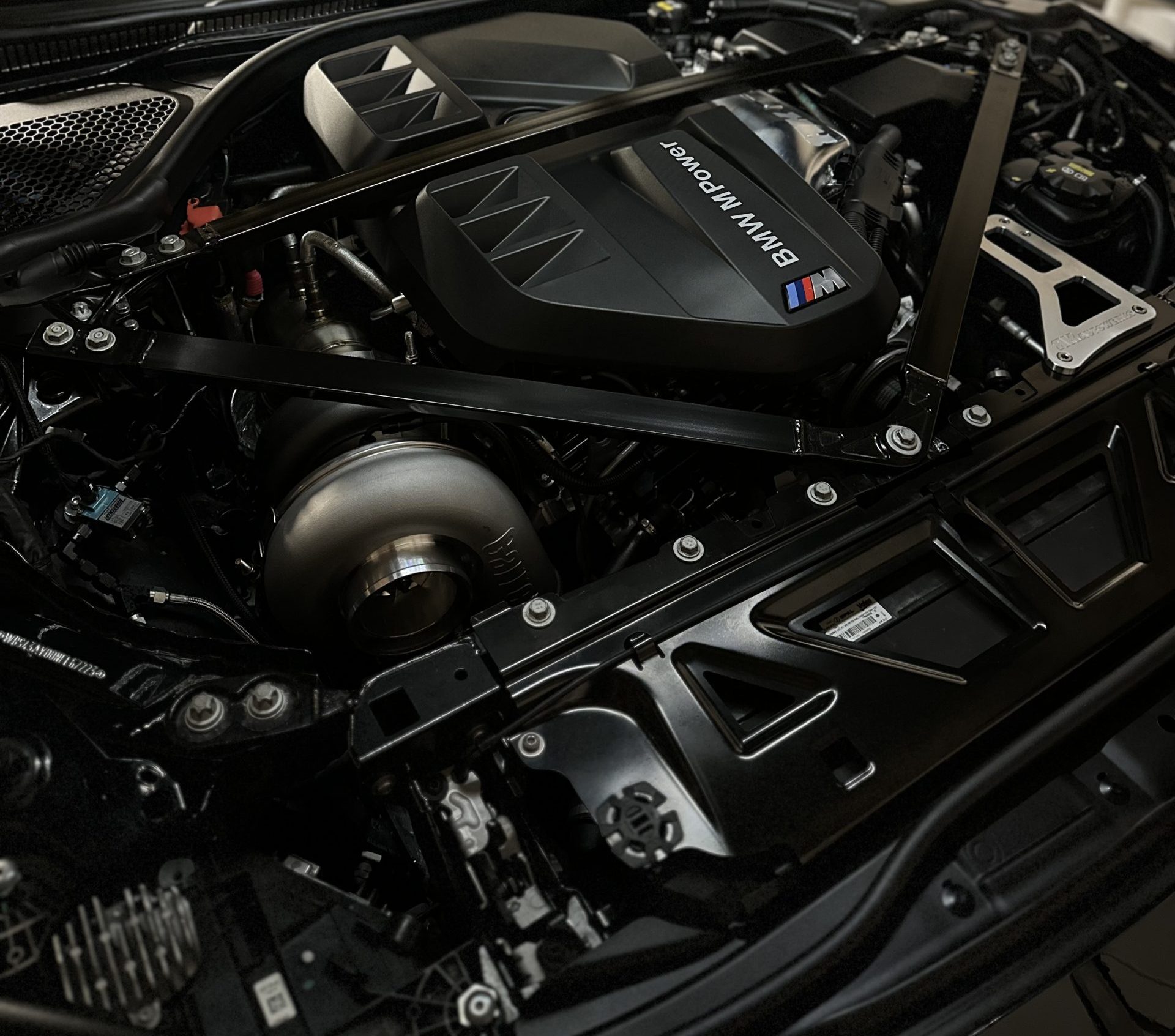Why the BMW Engine Is Taken Into Consideration One of the most effective in Luxury Cars
Why the BMW Engine Is Taken Into Consideration One of the most effective in Luxury Cars
Blog Article
Introducing the Intricacies of Next-Generation Power Units: a Deep Dive Into Advanced Engine Technologies and styles
As we stand on the precipice of a new era in transportation, the intricacies of next-generation engine designs bid us to check out the advanced innovations and advancements that assure to redefine the driving experience. Delving much deeper right into the realms of discharge control, smart engine administration systems, and the horizon of power system development, we find ourselves on the cusp of a change that guarantees to reshape the landscape of movement as we know it.
Advancement of Engine Products

The shift towards progressed engine products has actually likewise made it possible for engineers to make engines with higher power outputs while maintaining gas performance requirements. For instance, the usage of light-weight materials lowers the general weight of the engine, bring about enhanced fuel economy and reduced emissions. In addition, innovations in materials modern technology have enabled better thermal administration within engines, resulting in increased reliability and longevity.
Turbocharging and Supercharging Technologies
Exactly How do Turbocharging and Supercharging Technologies transform engine efficiency and performance in modern cars? Turbocharging and supercharging are innovations that dramatically enhance engine efficiency by increasing the amount of air consumption into the burning chamber. Turbocharging achieves this by utilizing a wind turbine driven by exhaust gases to pressurize the intake air, while turbo charging uses a belt- or chain-driven compressor to attain the very same effect.
These technologies allow smaller sized, a lot more fuel-efficient engines to generate power comparable to bigger ones, called downsizing. Forcibly even more air into the cylinders, turbo charging and turbocharging boost combustion efficiency, resulting in boosted horse power and torque output without a significant increase in engine size. This results in much better velocity, lugging ability, and total driving efficiency.
Additionally, supercharging and turbocharging contribute to improved fuel efficiency by permitting the usage of smaller engines that eat much less gas under regular driving problems - bmw engine. This mix of enhanced performance and performance has made turbocharging and turbo charging indispensable components of numerous contemporary engine styles
Discharge Control and Environmental Influence
With raising global worries pertaining to air high quality and ecological sustainability, the implementation of emission control modern technologies in lorries plays an important function in lowering unsafe toxins released into the environment. Modern lorries are geared up with advanced discharge control systems that aid reduce the environmental impact of automotive operations. Catalytic converters, for example, are designed to convert harmful gases such as carbon monoxide, nitrogen oxides, and hydrocarbons right into much less check this hazardous substances like carbon dioxide and water vapor.
Furthermore, advancements in engine technology, such as the integration of exhaust gas recirculation systems and discerning catalytic decrease, have actually considerably contributed to lowering exhausts. These technologies operate in tandem to enhance combustion performance and reduce the launch of dangerous toxins into the air. Furthermore, the growth of crossbreed and electrical cars stands for an essential action towards reducing the total ecological impact of the transportation industry.
Intelligent Engine Management Equipment

Additionally, these systems enable automobiles to meet strict emissions standards without endangering efficiency, giving an extra eco-friendly driving experience. The combination of expert system and equipment learning capabilities in engine monitoring systems remains to press the borders of what is feasible, resulting in more renovations in effectiveness, dependability, and general vehicle efficiency. bmw engine. As vehicle modern technology developments, smart engine monitoring systems will certainly play an important duty in forming the future of transport in the direction of an extra reliable and lasting instructions
Future Trends in Power System Development
As intelligent engine administration systems lead the means for improved control and optimization in modern-day automobiles, future fads in power system growth are poised to redefine the landscape of auto propulsion modern technologies. These alternate power resources supply improved performance and efficiency while straightening with rigorous ecological regulations.
Another significant pattern is the combination of innovative materials and making techniques. Lightweight products such as carbon fiber and light weight aluminum are being made use of to decrease overall lorry weight, improving gas efficiency and efficiency. Additionally, advancements in 3D printing and additive manufacturing are enabling the manufacturing of intricate engine elements with greater accuracy and toughness.
Furthermore, expert system and machine knowing are playing a vital role in optimizing power system performance. These technologies allow for real-time surveillance and flexible control, leading to extra reliable and trusted power shipment. click now On the whole, future patterns in power system development are tailored in the direction of sustainability, performance, and efficiency, driving the vehicle sector towards a new age of propulsion technologies.

Verdict
In conclusion, the advancements in engine materials, turbocharging, emission control, and intelligent monitoring systems have actually paved the method for next-generation power units. These developments have not only enhanced efficiency and performance yet also decreased ecological effect. As technology remains to evolve, future fads in power unit development are likely to concentrate on additional boosting sustainability and optimizing power outcome. The detailed designs and technologies in modern engines showcase the continuous development of auto modern technology.
Exploring the dynamic innovations in engine products has been critical in improving the performance and efficiency of modern-day engines. Over the years, the evolution of engine products has actually played a crucial function in pushing the boundaries of what engines can accomplish.The change in the direction of advanced engine materials has likewise allowed engineers to develop engines with higher power outcomes while preserving fuel effectiveness requirements.The application of smart engine administration systems in modern-day cars has actually revolutionized the method engines are regulated and enhanced for performance and efficiency. By accumulating data in real-time and analyzing it with sophisticated algorithms, intelligent engine monitoring systems can adjust to driving styles, ecological factors, and engine wellness to take full advantage of power result while minimizing fuel intake and emissions.
Report this page